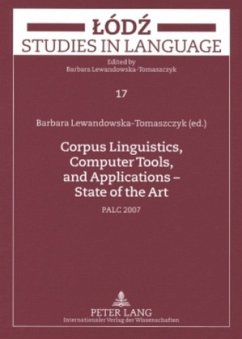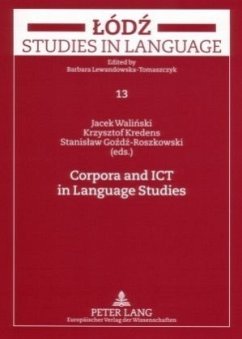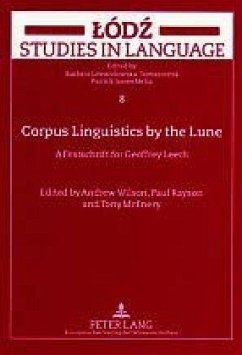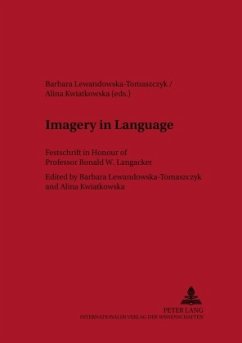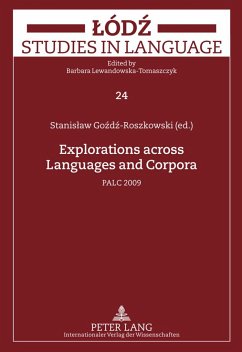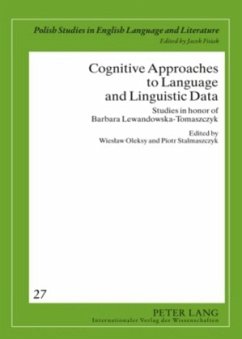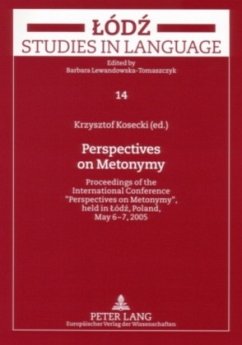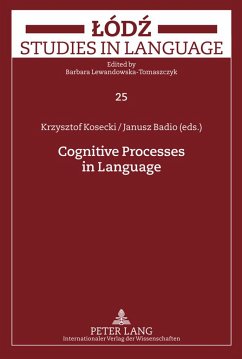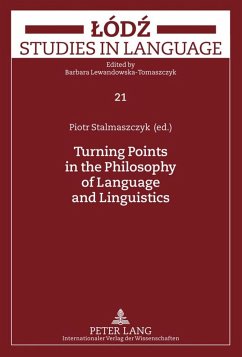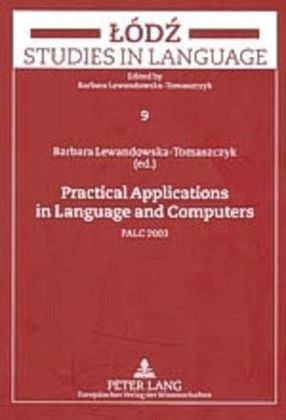
Practical Applications in Language and Computers
PALC 2003
Herausgegeben: Lewandowska-Tomaszczyk, Barbara
Versandkostenfrei!
Versandfertig in 6-10 Tagen
132,40 €
inkl. MwSt.

PAYBACK Punkte
0 °P sammeln!
The volume signals a broadening of the research and application perspective towards language, computers and corpora in the framework of PALC publications, where the name PALC is reinterpreted as Practical Applications in Language and Computers. This change indicates an introduction of a diversity of points of view on new digital technologies and a discussion of areas at which ICT can be useful to people having language as a subject of their professional activity. The volume includes conference papers given at PALC 2003, the fourth conference in the bi-annual cycle of meetings organized by the ...
The volume signals a broadening of the research and application perspective towards language, computers and corpora in the framework of PALC publications, where the name PALC is reinterpreted as Practical Applications in Language and Computers. This change indicates an introduction of a diversity of points of view on new digital technologies and a discussion of areas at which ICT can be useful to people having language as a subject of their professional activity. The volume includes conference papers given at PALC 2003, the fourth conference in the bi-annual cycle of meetings organized by the Department of English Language at Lódz University as well as a number of invited papers. John Sinclair, Sylviane Granger and Douglas Biber addressed the conference as plenary speakers. There are thirty two contributions in the present volume, prefaced by John Sinclair. The papers are grouped in five parts, dealing with knowledge acquisition and corpus tools, problems of translation analysis and translator training, aspects of corpus-based language analysis and problems of learner corpora and language acquisition. The last section of the volume includes papers from the workshop on e-learning.



